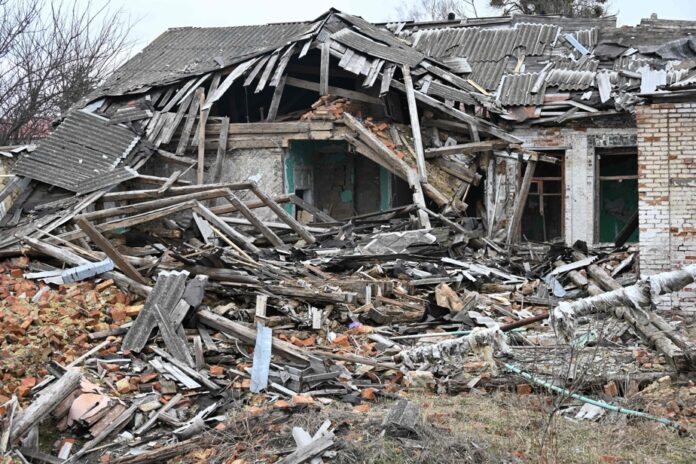(OTTAWA) International aid groups that fight hunger and the spread of disease abroad, among other things, believe that the funds allocated to their missions in the federal budget presented Tuesday are not sufficient.
Finance Minister Chrystia Freeland’s third budget provides nearly $6.9 billion in international development assistance over the next fiscal year, down 16% from last year.
Despite everything, Prime Minister Justin Trudeau has asked his Minister of International Development, Harjit Sajjan, to increase his spending each year.
In 2019-2020, the last fiscal year before the pandemic, the government budgeted $6.6 billion for international aid. With the measures related to the pandemic and the Russian invasion of Ukraine, this figure jumped to more than 8 billion last year.
However, before the unveiling of the budget on Tuesday, government officials had warned the humanitarian aid community that the sum of the 2021-2022 budget was exceptional, due to special circumstances. The Liberals had therefore indicated that the figure for the next year would be closer to that of 2019, rather than that of last year.
For the director general of Cooperation Canada, Kate Higgins, this choice of the federal government will ensure that some organizations will stop planning long-term projects, especially since they are also struggling with rising inflation. .
“This decision slows progress and undermines Canada’s contribution to development elsewhere in the world,” she said.
“It undermines our security as a country and the contribution we make to the fight against worsening global crises, whether it is climate change or the rollback of human rights and democracy. »
Ms. Higgins also noted that the budget does not specify the proportion of funds going to Ukraine, which she says is in dire need of assistance, compared to the amount earmarked for other crises elsewhere in the world.
“There are crises in other parts of the world, whether in the Horn of Africa or the Middle East, which we need to have our eye on and which we should respond to,” she said. recalled.
“So our concern is to make sure that we can respond boldly to the war in Ukraine, not to mention the crises elsewhere in the world. »
Other groups have insisted that the Liberals must confirm funding for the coming years, so that they can better plan their projects abroad.
“We need to be able to show our international partners that we are here for the long term, so that we can also influence other governments to join us,” said Save the Children Canada President Danny Glenwright.
Beyond Our Borders noted that there is particular risk for this fiscal year, as it is the last of the five-year funding cycle that includes commitments made by Canada when it hosted the G7 Summit in 2018.
“If this investment is not renewed, four million girls and young women around the world will be left with an uncertain future as Canadian-supported education projects come to an end in the coming months.” ‘organization.
UNICEF Canada Director David Morley said in a statement that the budget fails to take into account that children face conflict, climate change, “soaring malnutrition rates and the social consequences -persistent economics of the pandemic”.















